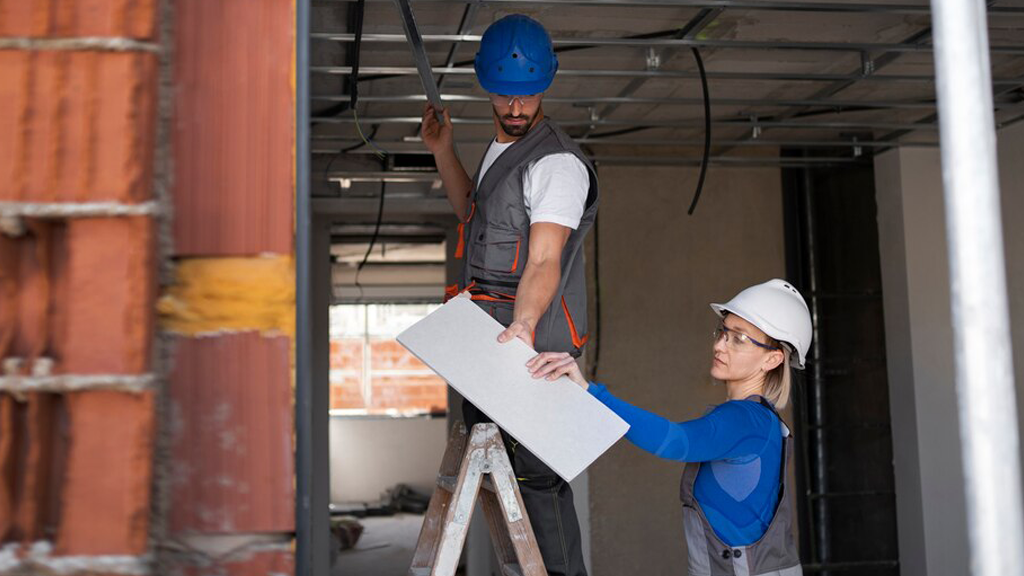For a number of reasons, regular building maintenance is essential to ensure a structure’s safety, longevity, and efficiency. Important reasons for regular maintenance include the following:
- Ensures Safety and Compliance
- Accidents caused by structural flaws, faulty wiring, plumbing issues, or fire hazards can be avoided with regular maintenance and repairs.
- Assists in complying with safety and legal requirements to avoid liabilities and fines.
- Increases the Building’s Durability
- Major damages that could necessitate costly repairs or premature rebuilding can be avoided with regular maintenance.
- Preserves structural integrity and functionality over time.
- Reduces Costs in the Long Run
- Most of the time, preventative maintenance is cheaper than emergency repairs or complete replacements.
- Detecting issues early prevents them from escalating into expensive problems.
- Enhances Property Value
- The market value of well-maintained buildings remains higher and is more appealing to potential tenants or buyers.
- Businesses and residents are drawn to attractive buildings.
- Enhances Efficiency of Energy
- Energy consumption and utility bills are reduced when HVAC systems, insulation, and electrical components are maintained regularly.
- Prevents wastage of resources, contributing to environmental sustainability.
- Prevents Operational Interruptions
- For commercial or residential buildings, regular maintenance ensures smooth daily operations.
- Prevents downtime resulting from unanticipated malfunctions of vital systems like elevators, plumbing, and electrical grids.
- Protects Against Weather Damage
- Weather-related deterioration can be prevented through regular roof inspections, drainage cleaning, and exterior repairs.
- Prevents foundational damage, mold growth, and leaks.
- Enhances Occupant Comfort and Satisfaction
- Occupants benefit from a healthy and comfortable environment in a building that is well-maintained.
- Prevents problems like poor air quality, broken plumbing, and inefficient heating and cooling.
Buildings that are regularly maintained benefit from a number of benefits, including increased safety, efficiency, and longevity. Here are some key effects:
- Increases Building Lifespan
- Prevents structural damage, ensuring that the building can continue to be used for longer.
- Reduces the need for rushed reconstructions or renovations.
- Reduces Costs of Repair
- Minor problems can be caught early, saving money on major repairs.
- Prevents costly breakdowns in the event of an emergency.
- Enhances Safety and Security
- Defective wiring, weak structures, and leaks are all hazards that can be discovered with regular inspections.
- Ensures that the building continues to adhere to safety guidelines.
- Improves Energy Efficiency
- Reduces energy waste by maintaining electrical components, insulation, and HVAC systems.
- Optimizes energy use to reduce utility costs.
- Maintains Aesthetic Appeal
- Prevents the paint from fading, fixtures from breaking, and other indications of neglect.
- Keeps the building attractive for tenants, visitors, or potential buyers.



